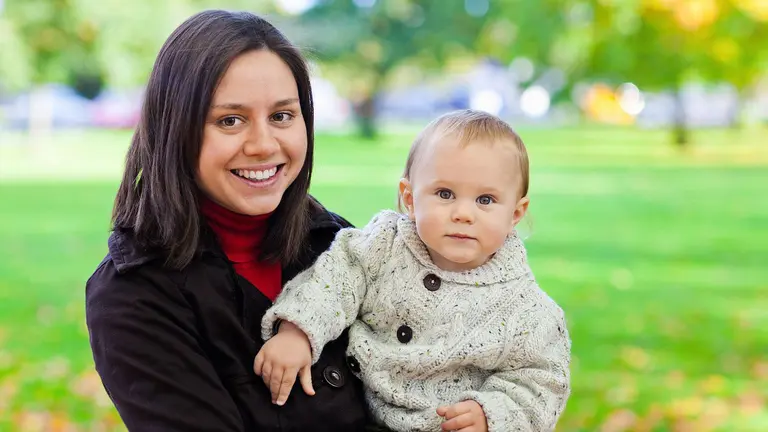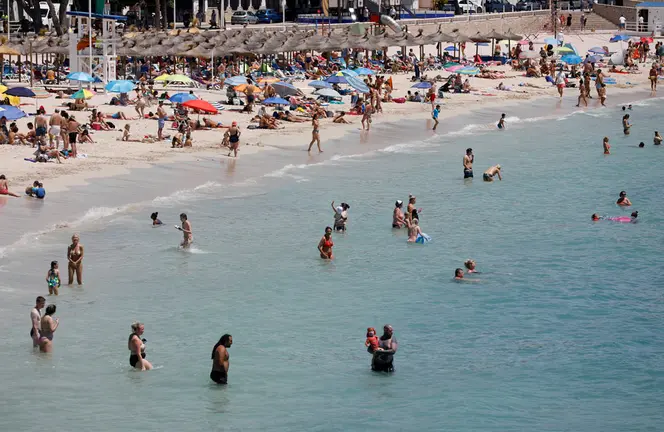Too many children in the world's richest countries lack basic maths and reading skills, and suffer from poor mental well-being and obesity, according to a UNICEF report published on Thursday.
The report ranks 41 European Union and Organisation for Economic Co-operation and Development (OECD) countries on children's health, skills and happiness.
Denmark, the Netherlands and Norway top the league table. Finland ranks 5th.
Bulgaria, Chile and the United States are ranked the worst places to be a child among high-income countries.
The US is in the bottom third of rankings for all three measured outcomes - mental well-being, physical health and skills.

The top-25 in the ranking of best countries to be a child. Source: UNICEF.
"Not enough rich countries are scoring high marks for their children despite their wealth," UNICEF deputy executive director Fayaz King told an online policy panel discussion, adding that "suicide, unhappiness, bullying, obesity and poor social and academic skills have become common features of childhood."
Across the countries studied, one in five children live in poverty, with the poorest at higher risk of depression, obesity and low academic achievement, according to UNICEF.
Around 20% of children do not have high life satisfaction in most affluent countries.
Turkey, the worst place
Turkey fares worst, with only 53% of children having high life satisfaction, followed by Japan and Britain.
Children who are bullied by peers or have less supportive families were found to have significantly poorer mental health.
Lithuania has the highest rate of adolescent suicide - one of the most common causes of death for those aged 15 to 19 - followed by New Zealand and Estonia.
In terms of physical health, around one in three children are obese or overweight, and global rates are expected to grow. Rates in Southern Europe have risen sharply, while the US has seen obesity among 2 to 19-year-olds increase by more than a third in the last 15 years.
Child mortality is above 1 per 1,000 in more than a quarter of rich countries, including the US, Turkey and Mexico.
About 40% of children in rich countries lack basic reading and maths skills by age 15, with those in Bulgaria, Romania and Chile the least proficient, UNICEF said.
Childhood without friends
In most countries, at least one in five children said they do not make friends easily, with those in Chile, Japan and Iceland the least confident in their social skills.
While the report uses data from before the coronavirus pandemic, it warns that the crisis poses a substantial threat to child well-being.
"Unless governments take rapid and decisive action to protect child well-being as part of their pandemic responses, we can continue to expect soaring child poverty rates, deteriorating mental and physical health, and a deepening skill divide among children," said Gunilla Olsson, director of UNICEF's Italy-based research centre Innocenti.
On average, nations spend less than 3% of their gross domestic product (GDP) on family and child policies.
Amid the pandemic, only a small proportion of countries' fiscal stimulus went to social welfare, with most going to corporate welfare, Dominic Richardson, Innocenti's social and economic policy chief, noted.
"The biggest opportunity of this crisis ... is that we need to set new standards for childhood and we need to rank it as high as we would a failure in the economy," he told the panel discussion.













